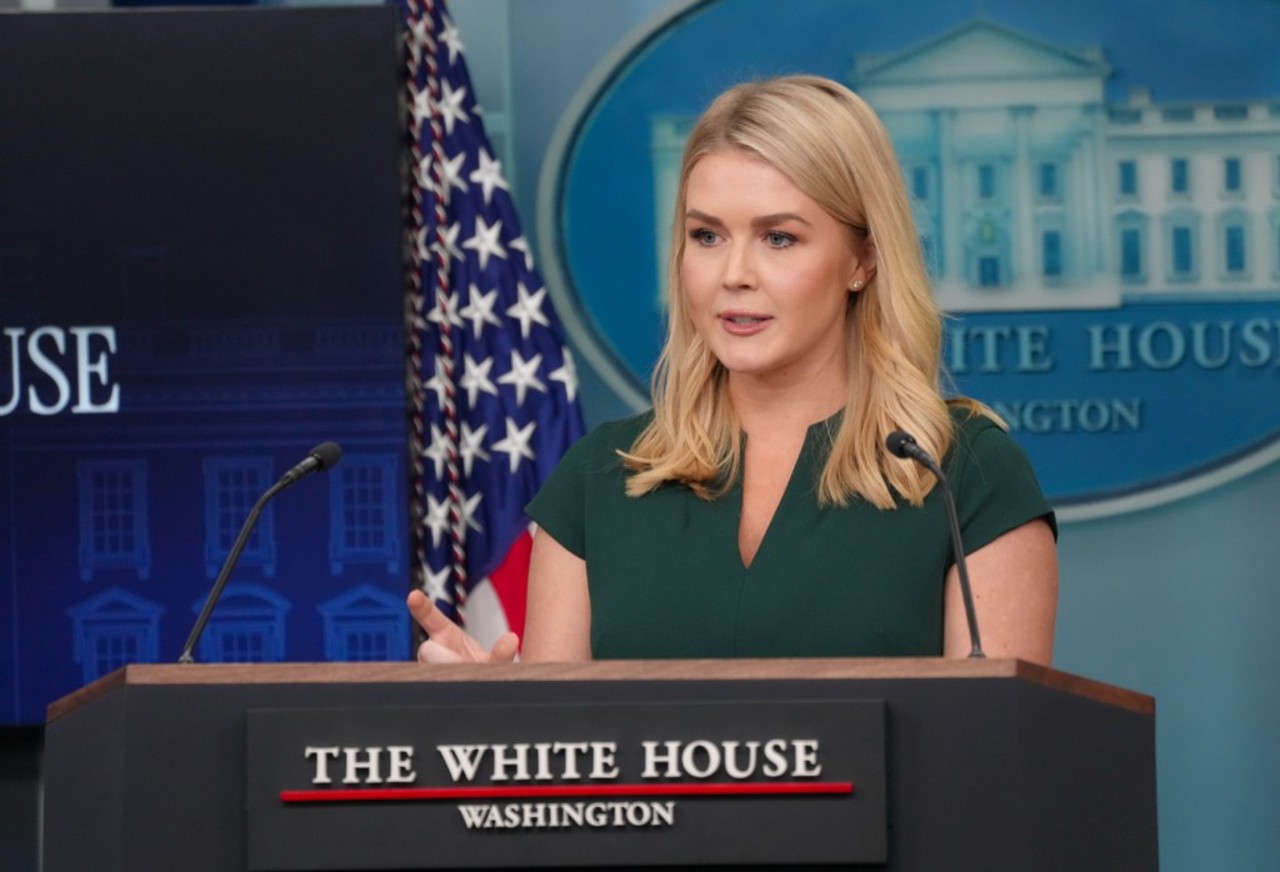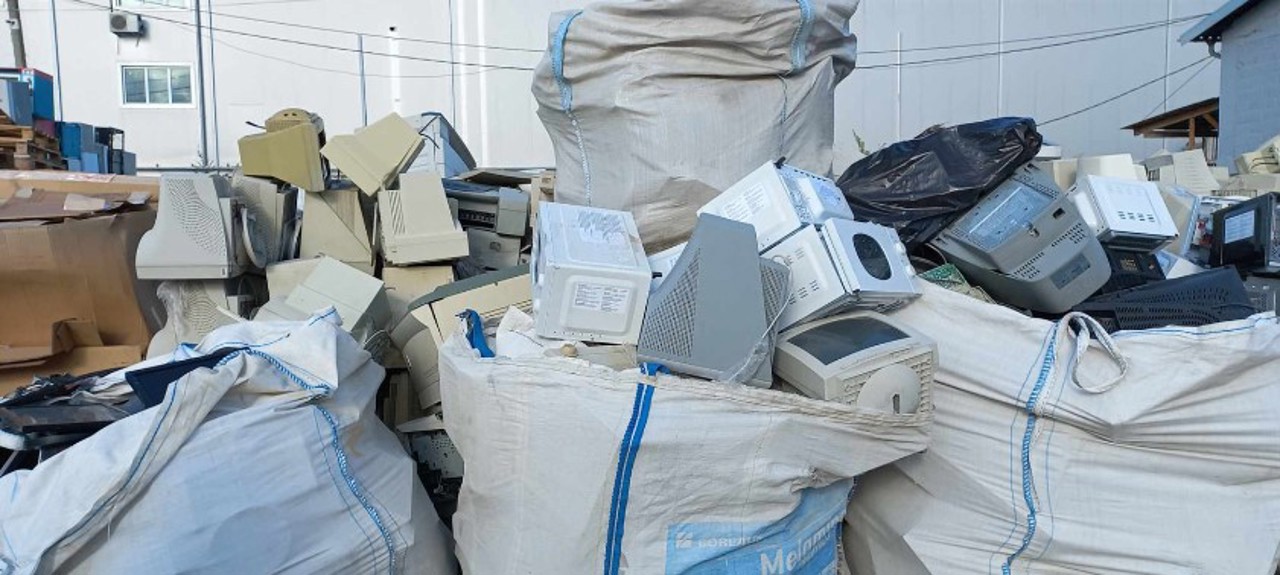Moldova's resilience: Strengthening ties with Romania
The absence of a politician affiliated with Ilan Șor from the presidential race, the goal of the strategy to bolster resilience between the Republic of Moldova and Romania, the sources of income for Moldovan youth, and the reading preferences of Basarabians—these are the main press headlines reviewed.

Nesmaker.md reports that the upcoming presidential elections in the Republic of Moldova will proceed without the participation of Vasile Bolea, a deputy affiliated with the fugitive oligarch Ilan Șor. This follows the Central Electoral Commission's determination that the request to register the initiative group did not contain any new elements compared to the previously submitted, rejected request. The politician accused the CEC of being "politicised" and of applying double standards. So far, neither the CEC nor the Presidency has responded to these accusations.
The recent declaration on bilateral cooperation between the Republic of Moldova and Romania, aimed at strengthening the country's resilience, establishes an official framework through which Chișinău can request Bucharest's support in critical situations, explains political analyst Nicolae Negru for mold-street.com. Negru emphasises that, despite the Republic of Moldova's accumulated experience in managing hybrid threats, the country cannot cope with an attack from Russia on its own. The expert believes that resilience is an essential form of resistance against multiple challenges.
Ziua.md writes that officially, over half a million citizens of the Republic of Moldova, including those from the Transnistrian region and permanent emigrants, will be eligible to vote in this autumn's elections. According to data from the Central Electoral Commission, the State Register of Voters includes 3.3 million voters, with the largest groups of voters in the municipality of Chișinău (over 645,000), followed by Gagauzia (128,000), Bălți and Cahul (each with 97,000), and Orhei (96,000).
Radio Chișinău publishes the emotional testimony of Claudia Sainsus, the former director of the Moldovan school in Grigoriopol, who relived the dramatic moments from 30 years ago when teachers and students were forced to leave the school and take refuge in Doroțcaia. In an interview, she recounts the tense atmosphere on the left bank of the Nistru River during the national revival and the turbulent years of the Nistru war. Claudia Sainsus recalls the devastating attack on the Grigoriopol school by separatist forces, who even targeted the Latin alphabet displayed in classrooms. Despite the separatist regime in Tiraspol declaring independence, the school continued to follow the Republic of Moldova's curriculum, noted the former teacher from Grigoriopol.
The Republic of Moldova is interested in establishing a direct air route between Chișinău and Doha, writes Ziarul de Gardă. Minister of Foreign Affairs Mihai Popșoi asserts that this would facilitate "political, economic, and cultural ties between the two regions." He also stated that the Republic of Moldova hopes for economic and trade cooperation with Qatar, including attracting Qatari investments in the country's agro-industrial sector and national infrastructure.
TV8.md publishes data from the National Bureau of Statistics, which shows that over 33% of young people aged 14-34 in the Republic of Moldova live on their parents' money. These sources of income are followed by social benefits (10.6%) and remittances from abroad (7.1%). However, young people have diverse opinions on parental financial support; some consider it "welcome, as long as it is provided in moderation," while others believe that parents should not offer so much assistance.
TVR Moldova presents a study on the reading preferences of Basarabians, showing that interest in Romanian-language books remains predominant. Expert Veaceslav Ioniță notes that the "appetite" for reading has significantly increased in recent years. In 2023, the Republic of Moldova recorded the highest import of books since gaining independence, as confirmed by publishers and bookstores. Additionally, the number of books published in Romanian has increased by over 70% compared to 2022. Research indicates that newspapers are currently read four times less frequently than 15 years ago, notes book editor Viorica-Ela Caraman. Last year, 2,521 book titles were published in the Republic of Moldova, of which 1,832 were in Romanian.
Translation by IUrie Tataru




